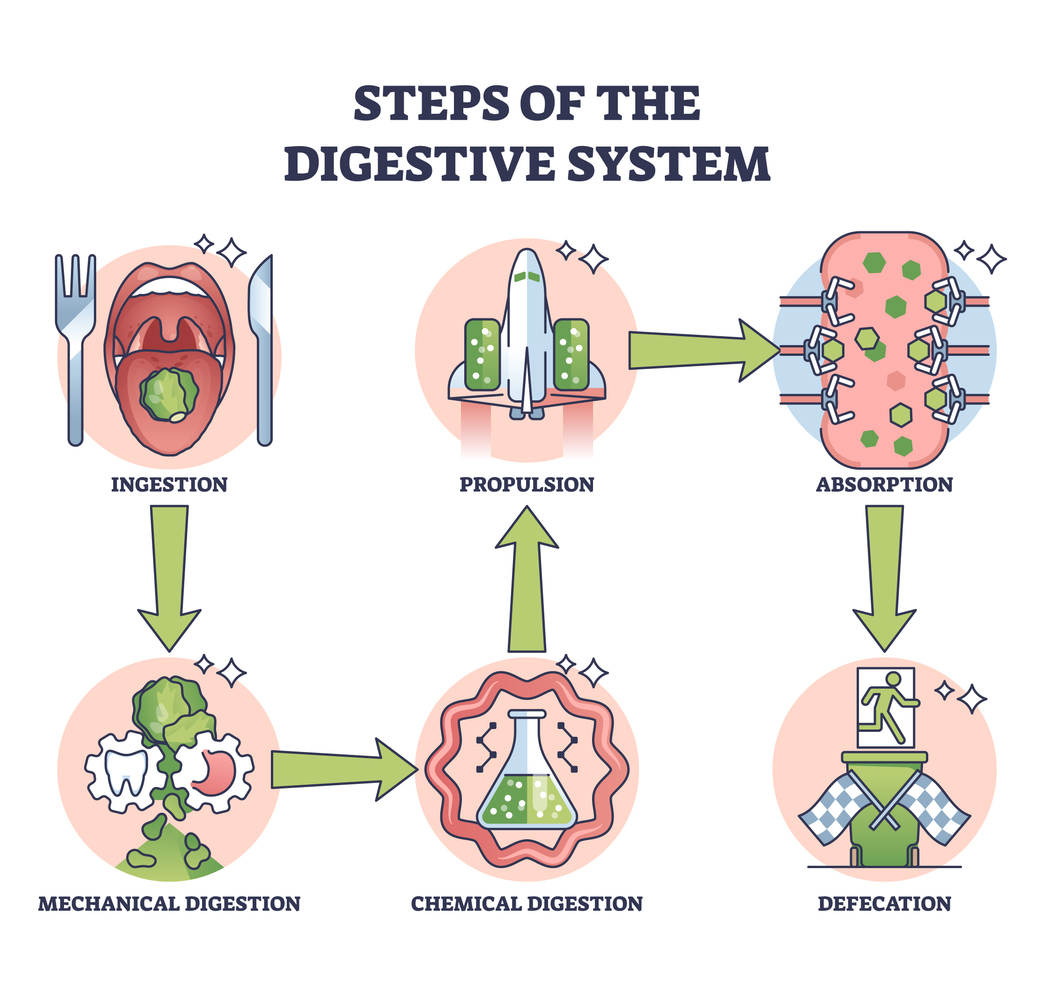
How Running Affects Your Gut Health and Digestion: Benefits, Risks & Tips
Running is a highly effective cardiovascular exercise that offers numerous benefits, from improving heart health and boosting mood to strengthening muscles and increasing overall endurance. While it’s often celebrated for enhancing cardiovascular fitness, its influence on the digestive system is just as significant. Running can support digestion in powerful ways, promoting regularity, nutrient absorption, and a healthy gut microbiome, but it can also create challenges if not approached carefully or without proper preparation.
Whether you’re training for a marathon, hitting the trails, or jogging around your neighborhood, understanding how running affects your digestive system can help you optimize both your fitness routine and gut health. With the right strategies, you can enjoy the benefits of running while minimizing potential digestive discomfort and supporting long-term digestive wellness.

5 Benefits of Running for Your Gut and Digestion
Running can help your digestive system function more effectively when performed with proper balance and technique. Key benefits include:
- Boosts Gut Motility
Running stimulates movement in the digestive tract, helping food and waste move along smoothly. This reduces constipation, encourages regular bowel movements, and supports long-term digestive health. - Improves Gut Microbiota Balance
Running can positively influence the gut microbiota—the community of microorganisms in the digestive system. A healthy microbiome supports digestion, nutrient absorption, and immune function. Active individuals typically have a wider variety of gut bacteria, which can enhance overall digestive efficiency. - Reduces Stress and Enhances Digestion
Chronic stress can trigger digestive issues such as irritable bowel syndrome (IBS), bloating, and stomach discomfort. Running naturally lowers stress hormones like cortisol while boosting endorphins, helping calm the digestive system and improve gut function. - Aids in Weight Management and Reduces Pressure on the Digestive System
Excess weight, particularly around the abdomen, can put pressure on digestive organs, causing problems like acid reflux and bloating. Running helps maintain a healthy weight, burns calories, and regulates hormones that control hunger and fullness, reducing strain on the digestive system. - Improves Blood Circulation to Digestive Organs
Running enhances circulation, ensuring that the stomach, intestines, and liver receive the blood flow they need. This supports optimal digestive function and efficient waste elimination.
5 Potential Drawbacks of Running on Digestion
While running has clear benefits, certain habits such as running too intensely, skipping proper hydration, or poor meal timing can negatively affect digestion:
- Runner’s Gut
Some runners experience bloating, nausea, diarrhea, or cramping during runs, often called “runner’s gut.” These symptoms typically result from reduced blood flow to digestive organs and the jarring motion of running, especially during long or intense sessions. - Dehydration and Its Effect on Digestion
Dehydration, common in hot weather or during long runs, can slow digestion and lead to constipation. It may also impair the mucosal lining of the gastrointestinal tract, which is essential for nutrient absorption. - Intense Running and Risk of Leaky Gut Syndrome
Research suggests that prolonged, high-intensity exercise may contribute to leaky gut syndrome, a condition in which the intestinal lining becomes damaged, allowing harmful substances to enter the bloodstream. - Overexertion Leads to Slower Digestion
Excessive running can shift the body’s focus away from digestion, slowing gastric emptying and increasing the risk of bloating and indigestion, especially after long runs. - Nutrient Absorption Disruption
Running for extended periods, particularly on an empty stomach, can reduce nutrient absorption. Intense exertion shortens the time food remains in the digestive tract, potentially lowering energy levels and digestive efficiency.

Optimizing Your Running Routine for Better Digestion
To maximize digestive benefits and reduce potential drawbacks, consider these strategies:
- Balance Intensity and Duration: Light to moderate jogging aids digestion, while intense runs may cause discomfort. Gradually increase pace and distance to avoid overexertion.
- Time Your Runs Wisely: Avoid running immediately after meals. Wait one to two hours or have a small, easily digestible snack beforehand.
- Stay Hydrated: Drink water before, during, and after running to support digestion and prevent dehydration.
- Fuel Your Body Properly: Opt for nutrient-rich foods such as simple carbohydrates and lean proteins. Avoid heavy, greasy, or high-fiber meals pre-run to reduce bloating and cramps.
- Listen to Your Body and Maintain Good Form: Pay attention to digestive discomfort and adjust your routine as needed. Maintain an upright posture to reduce abdominal pressure.
How to Minimize Negative Effects and Maximize Gut Health During Running
Even with preparation, digestive discomfort can occur mid-run. These tips can help:
- Hydrate Strategically: Sip water regularly, especially in hot conditions, to prevent dehydration-related digestive issues.
- Adjust Pre-Run Nutrition: If cramps or bloating occur, try simple carbs like a banana or toast instead of heavy or fibrous meals.
- Pace Yourself: Slow your pace or shorten your run if symptoms appear. Overexertion often worsens digestive problems.
- Check Your Form: Avoid a hunched posture. Relax your shoulders and maintain an upright stance to reduce abdominal stress.
- Prioritize Recovery: Rest days allow both muscles and your digestive system to recover after long or intense runs.

Contact Us
Running can support digestion by improving gut motility, enhancing the microbiome, reducing stress, and promoting overall well-being. By staying hydrated, maintaining a balanced diet, and pacing yourself appropriately, you can maximize these benefits while minimizing digestive discomfort. If you experience persistent or severe digestive issues, it’s important to seek professional guidance. At Gastro MD, our specialists provide comprehensive evaluations and personalized care to address your digestive concerns, identify underlying causes, and create a plan to improve your gut health. Contact us today to learn more, schedule an appointment, and take proactive steps toward maintaining a healthy digestive system.



